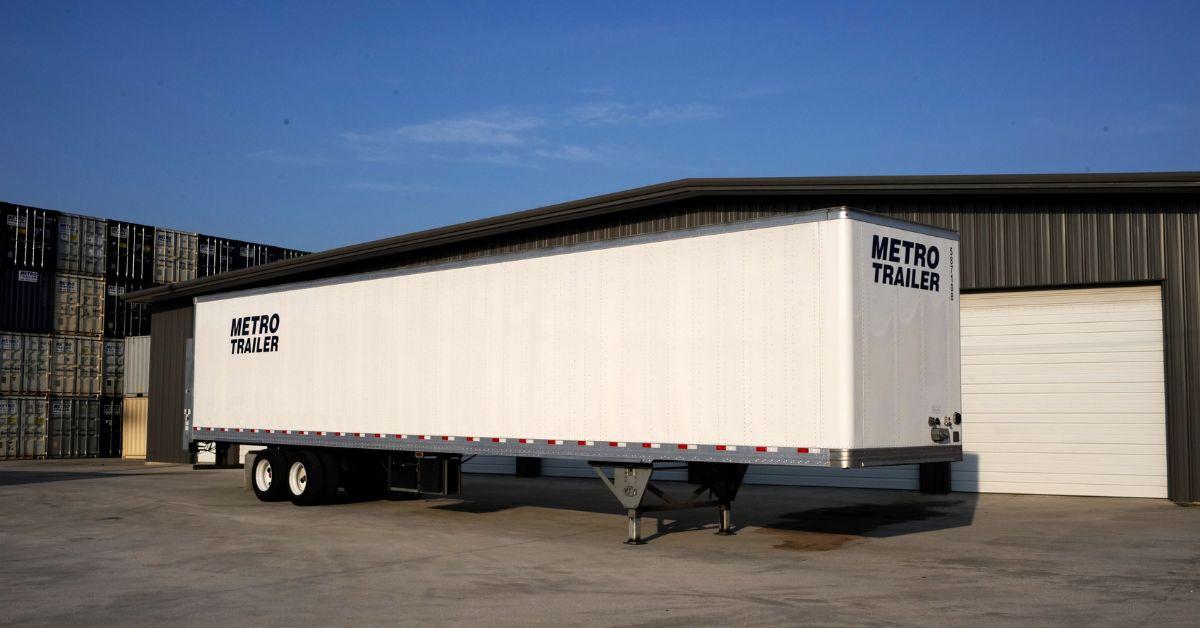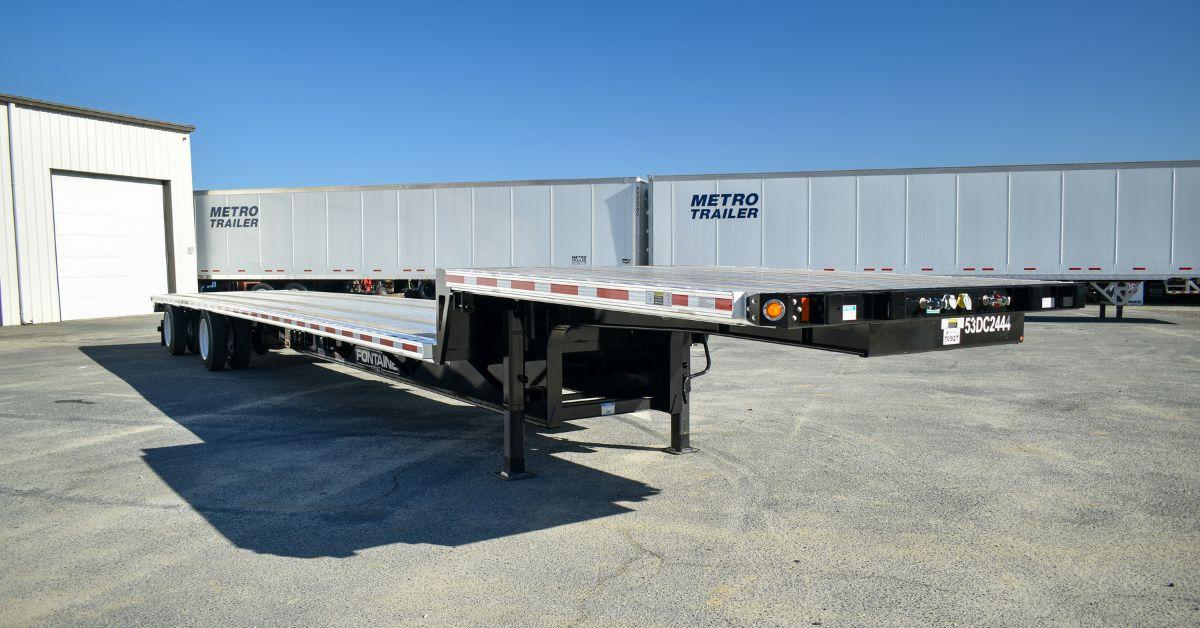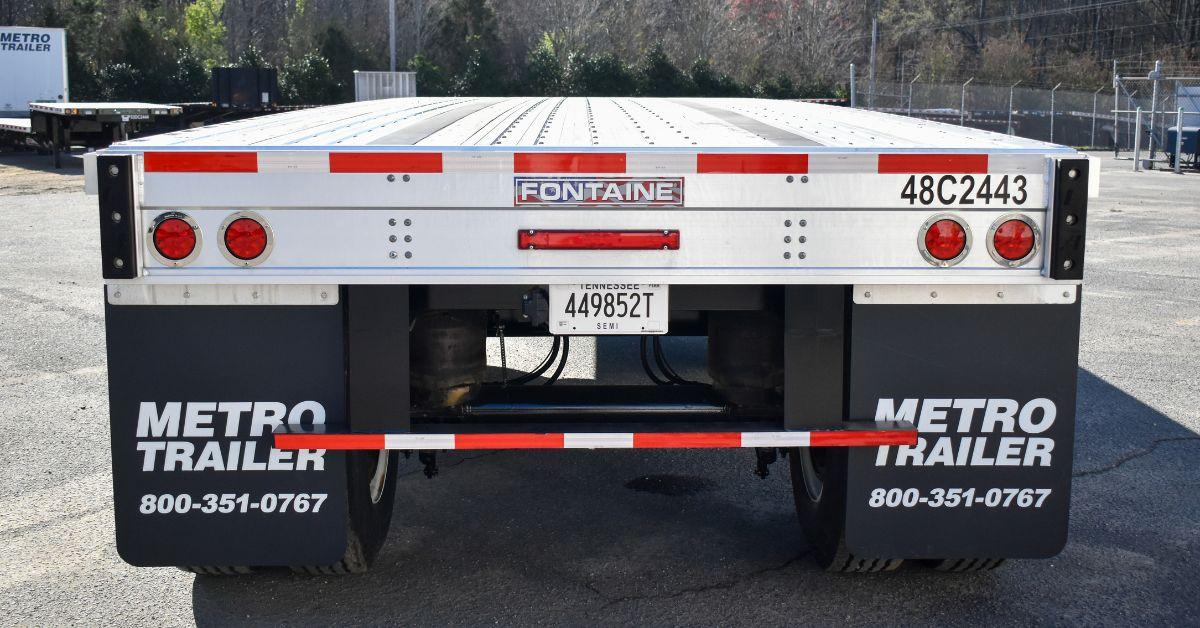
Understanding Insurance Options for Rental Trailers
Renting a trailer can open up endless possibilities, whether you’re planning a big move or hauling equipment for work. But with these opportunities comes responsibility, particularly when it comes to protecting yourself and your wallet. Accidents, unexpected damage, or even theft can turn what should be a simple rental experience into a headache if you’re not properly prepared.
This is where insurance comes into play. For many people, figuring out the right coverage for a rental trailer might not be top of mind, but it can save the day when the unexpected happens. Knowing what type of protection is available, how it works, and what you actually need can help you rent with confidence and peace of mind.
Today, we’re going to break down everything you need to know about insurance options for rental trailers. By the time you’re done reading, you’ll feel ready to make informed decisions and make the most of your trailer rental experience. Let’s get started!
Why Insurance Is Important for Rental Trailers
Protection Against Accidents
Driving with a trailer can come with risks, and accidents happen even to the most careful renters. Imagine needing repairs after a crash involving the trailer; without insurance, you could face hefty bills for damages. Insurance can step in to cover those costs, easing financial stress and letting you focus on resolving the situation.
Liability Coverage
If your trailer causes damage to someone else’s property or vehicle, liability coverage protects you from paying completely out of pocket. For example, taking a wide turn could clip another car or structure, and having this type of insurance helps cover repair costs and limits the risk of legal action.

The Unexpected
Rental trailers are exposed to theft, vandalism, and bad weather, all of which can catch renters off guard. For example, a storm could damage a parked trailer overnight. Comprehensive insurance handles these unpredictable events, giving you a safety net when surprises arise.
Rental Contracts
Many rental companies make insurance a requirement before they allow you to drive off. Policies like liability or collision coverage reassure both parties that damages will be taken care of. For renters, this means no hidden surprises in the fine print. If you’re considering flatbed trailer leasing for professional use, having insurance can streamline the entire rental process.
Types of Insurance Coverage Available for Rental Trailers
Collision and Comprehensive Coverage
These types of insurance protect against accidents and unforeseen damages, such as storms or theft. If you’re driving long distances or renting expensive trailers, this coverage is particularly useful. It ensures you won’t carry the full financial burden in case of unexpected problems.
Property Damage Liability Insurance
This coverage is essential when there’s a chance of damaging other people’s property. Whether the trailer scrapes someone’s car in heavy traffic or knocks over a fence, liability insurance covers the repair costs. It’s also required by law in most places, so having it keeps you legally and financially protected.
Personal Injury Protection (PIP) or Medical Coverage
Accidents can lead to injuries, for yourself or others involved. PIP covers medical expenses, which can add up quickly even after a minor collision. It’s particularly helpful for renters traveling with family or coworkers, adding an extra layer of safety and taking the worry out of unexpected medical costs.
Contents Coverage
If you’re using the trailer to haul valuables or equipment, contents coverage protects those items. Whether it’s furniture for a move or business equipment, this insurance helps cover theft or damage to what you’re transporting. It’s a good option for renters with high-value cargo that needs extra protection.
Factors To Consider When Choosing Insurance for Rental Trailers
Type of Rental Trailer
The trailer’s design and purpose play a big role in deciding on coverage. A utility trailer carrying equipment may need liability protection, while a travel trailer might benefit from comprehensive coverage.
Usage
Personal and business-related rentals have different risks. A weekend road trip may only need basic coverage, but hauling equipment for work comes with higher stakes. Business use might require extended coverage to account for theft or damage to expensive cargo.
Duration of Rental
A short-term rental may only need basic protections, while long-term leases call for a broader range of coverage. Longer use increases exposure to risks like accidents or bad weather, so a more comprehensive approach might make sense.

Budget
While it’s tempting to choose the cheapest policy, underinsuring could lead to extra out-of-pocket costs. Compare different options and focus on covering the most likely risks to get the best value for your money.
Tips for Renters To Ensure Adequate Coverage
Ask the Right Questions
Never shy away from asking rental companies or insurers what’s included in your policy. Clarify coverage limits, exclusions, and how to handle claims.
Double-Check Exclusions
Every policy has exclusions. Common gaps include off-road activities or intentional damage. By understanding what isn’t covered, you can decide whether supplemental coverage is necessary.
Document the Trailer’s Condition
Before driving off, take photos or a quick video of the trailer to note any scratches, dents, or other damage. These records protect you from paying for issues you didn’t cause when returning the trailer.
Understand Deductibles and Limits
A lower premium often means a higher deductible, and knowing what you’re responsible for helps you budget better. Keep an eye on coverage limits, too, so you’re not caught short if you need to file a claim.
Don’t Assume Your Credit Card Provides Coverage
Some credit cards offer trailer rental coverage, but the terms can vary. Check what’s covered before relying on this option. Often, credit card policies focus on limited liability coverage and might not fully protect against theft or damages.
Now What?
Renting a trailer offers the flexibility to tackle big projects, and the right insurance transforms that experience into one you can truly enjoy without worry. You have the power to make choices that align with what matters most, from safeguarding your belongings to covering potential risks on the road.
Beyond the policies and fine print lies something even bigger. Taking the time to understand and choose the right insurance opens the door to a stronger sense of control over your rental experience.
With a little preparation and the right questions, you’ll not only avoid challenges but gain the confidence to handle any situation, letting you turn your rental plans into the success story they’re meant to be. After all, your focus should be on the excitement of what lies ahead—not the uncertainties that might come along the way.